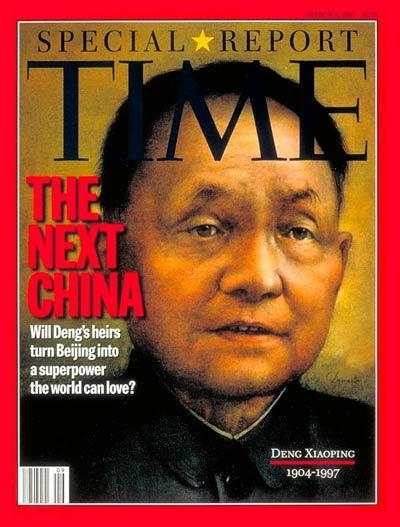this post was submitted on 17 Jul 2023
31 points (91.9% liked)
GenZedong
4186 readers
25 users here now
This is a Dengist community in favor of Bashar al-Assad with no information that can lead to the arrest of Hillary Clinton, our fellow liberal and queen. This community is not ironic. We are Marxists-Leninists.
This community is for posts about Marxism and geopolitics (including shitposts to some extent). Serious posts can be posted here or in /c/GenZhou. Reactionary or ultra-leftist cringe posts belong in /c/shitreactionariessay or /c/shitultrassay respectively.
We have a Matrix homeserver and a Matrix space. See this thread for more information. If you believe the server may be down, check the status on status.elara.ws.
Rules:
- No bigotry, anti-communism, pro-imperialism or ultra-leftism (anti-AES)
- We support indigenous liberation as the primary contradiction in settler colonies like the US, Canada, Australia, New Zealand and Israel
- If you post an archived link (excluding archive.org), include the URL of the original article as well
- Unless it's an obvious shitpost, include relevant sources
- For articles behind paywalls, try to include the text in the post
- Mark all posts containing NSFW images as NSFW (including things like Nazi imagery)
founded 4 years ago
MODERATORS
you are viewing a single comment's thread
view the rest of the comments
view the rest of the comments

Specifically about India:
There's a 'great' short book about British colonialism: Peter Fryer, Black People in the British Empire. I say 'great' because it's informative. It's not for the faint hearted. The surprising thing is how many brutal crimes it's possible to catalogue in less than 130 pages. Pages 17–24 and 107–17 focus on India.
If you want to look at the connection between law, property, and colonialism, try Brenna Bhandar, Colonial Lives of Property: Law, Land, and Racial Regimes of Ownership.
Kwame Nkrumah's Neo-Colonialism: The Last Stage of Imperialism is relevant, but it may be more helpful to establish the facts of what happened before the time that he is talking about, depending on your group.
Depending on the politics and how 'academic' your group is, a book like Alice Procter's The Whole Picture: The Colonial Story of the Art in our Museums & Why we Need to Talk about it could be a good place to start.
Thank you very much!
You're welcome.
I just came across this short article, too, if it's of interest: https://www.aljazeera.com/opinions/2022/12/2/how-british-colonial-policy-killed-100-million-indians.
It is, thank you